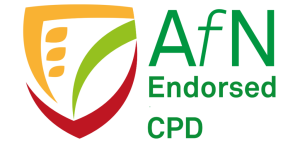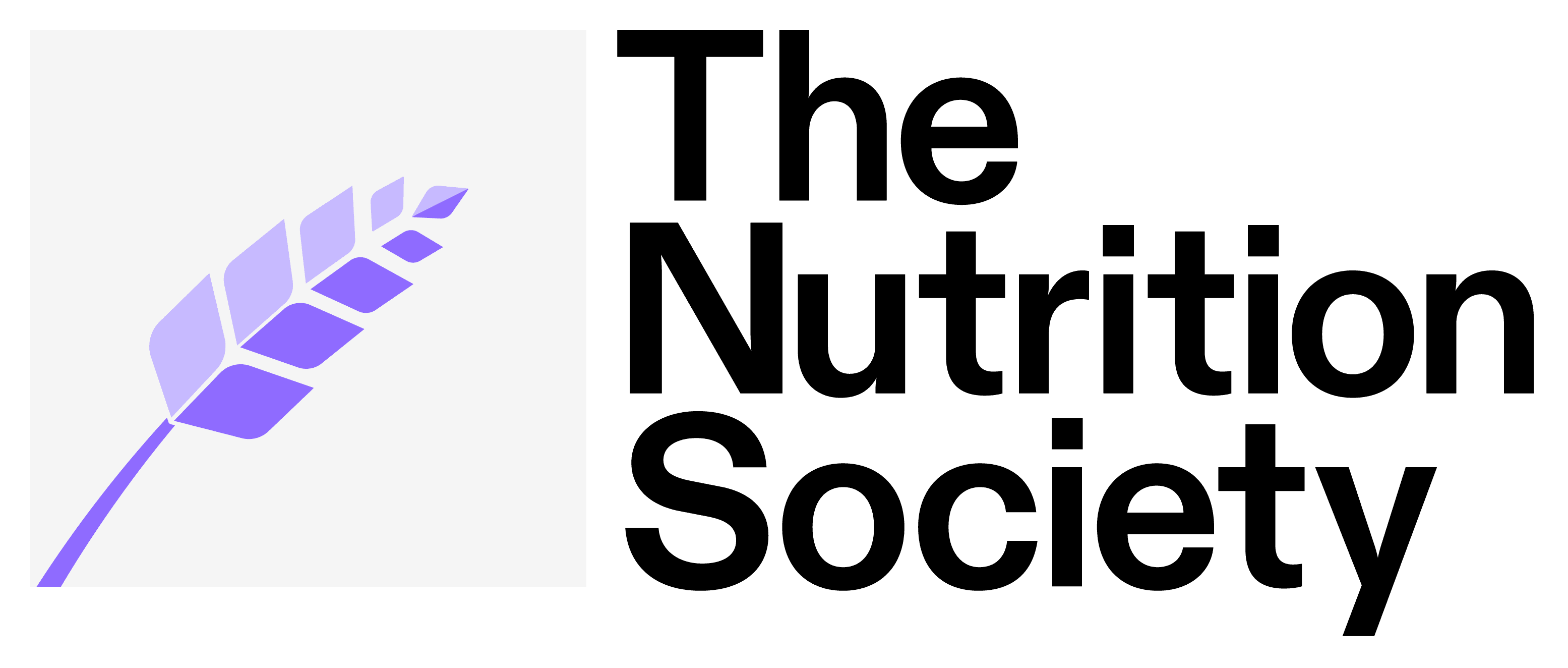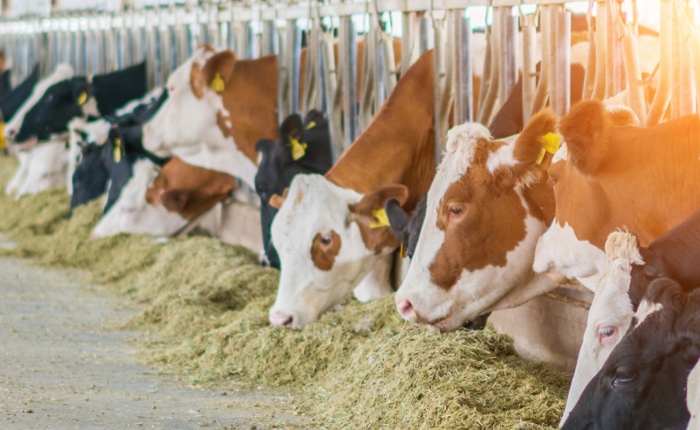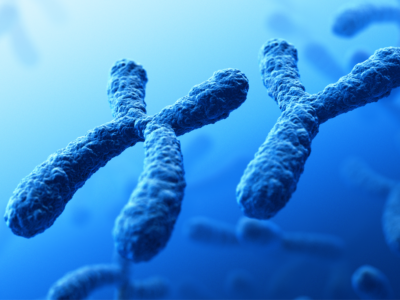In general, people are aware of the dangers of nutritional excesses – high calories, high salt, high sugar. But there is now an increasing awareness of the prevalence and importance of nutritional deficiencies. These deficiencies are seen at the more general level as diets low in whole grains, fruit, nuts, seeds, vegetables, fibre. But there are also individual micronutrients such as the marine-derived omega 3 fatty acids EPA & DHA, vitamin D, iron, calcium, zinc which are an issue. From a UK perspective many of the foods that are rich in these micronutrients are not widely consumed. For example oily fish (such as salmon and mackerel) is a source of both vitamin D and EPA & DHA. However research shows that in the UK only 25% of people are classified as oily fish consumers, and only 4.4% of children aged 4-11 years consume the recommended 1 portion of oily fish per week. The reason these low levels are of such concern is because elevated blood levels of EPA & DHA are strongly and consistently associated with protection from heart attack, stroke, Alzheimer’s disease, depression, cancer, diabetes mellitus, and improved brain health – all leading causes of death and disability in the UK. In the case of vitamin D, 40% of the EU population has been estimated to be deficient. Vitamin D plays an important role in the maintenance of normal bones, muscle function and teeth, and also contributes to the normal function of the immune system.
What will I gain from this webinar?
- Identify practical and meaningful solutions to tackling micronutrient deficiency through expansion of food choice
- Learn and understand the effect of animals diets and the influence on human health
- Develop an understanding of ‘bioenrichment’ to increase the nutritive content in animals
 Endorsement No EN175.48
Endorsement No EN175.48
Course Features
- Lectures 2
- Quiz 0
- Duration Lifetime access
- Skill level All levels
- Language English
- Students 203
- Certificate Yes
- Assessments Yes












